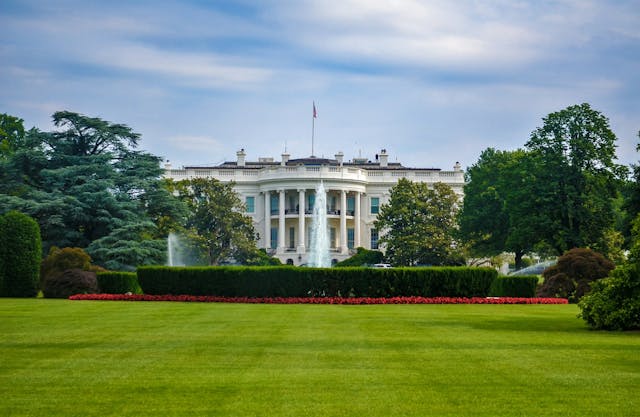Despite Major Bipartisan Support, Bill To Pay Pharmacists May Be Killed By Special Interests

Under Medicare Part D, pharmacists in many states are providing services such as immunizations, blood screenings, medication therapy management, and similar activities. However, the same legislation that requires pharmacists to provide these services in underserved communities provides no mechanism for reimbursement to them, even though physicians do receive Medicare payments for the same services.
H.R. 592 inserts language into Medicare Part D requiring that pharmacists be compensated by Medicare. It gives pharmacists reimbursement up to 85 percent of what a physician would receive for the same service or 80 percent of the actual charge. Though this does not provide parity for pharmacists, it is much more than they currently receive.
Guthrie explained his reasoning for proposing this bill in a press release:
“Pharmacists are highly trained health care professionals who, in coordination and collaboration with other health care providers, can help to deliver improved patient outcomes. Allowing these qualified medical professionals to operate in underserved areas and receive payment for their services is a practical way to address the basic health care needs of vulnerable communities and the shortage in the delivery of care in those areas.” - U.S. Rep. Brett Guthrie (R-Ky.)
The bill has bipartisan support. So far nineteen other representatives have signed on, 10 Republicans and 9 Democrats. In a time when the two parties seem more like rival street gangs than an organized legislative body, such cooperation speaks volumes about the need to see the gap between expectations and funding bridged.
Unfortunately, history is not on the side of this bill.
Guthrie introduced the same legislation in 2014. Over 120 representatives signed on to the bill, including 68 Democrats and 55 Republicans. Despite having the support of nearly 30 percent of the House, the bill was never even brought up for discussion in committee; it was left to languish and die without comment.
How is this possible when the legislation had so much support in Congress? The answer may come from the influence of one special interest group: physicians. Opposition from physicians to this type of legislation is not new and hasn't only targeted pharmacists.With an ever-growing shortage of qualified physicians facing a growing number of retiring Baby Boomers with health issues, nurses have stepped up to the plate to provide basic health care services. Nurse practitioners specializing in Adult-Gerontology are becoming primary care providers for these Boomers.
In an interview with Marketplace, Tine Hansen-Turton, CEO of the National Nursing Centers Consortium, reported that there are approximately 500 clinics in the U.S. led by a nurse rather than a physician.
For years, these primary care nurses have sought the same recognition Guthrie is trying to give pharmacists. Unfortunately, they continue to see organized resistance from physicians.
The American Medical Association formally stated their opposition back in 2010, citing concerns over nurse education and experience levels. Changes in New York went into effect on January 1, widening the range of areas nurse practitioners could work in. These changes have come under fire from physicians throughout the state.
During debate over a California law expanding the role of pharmacists in 2014, a number of physicians came out in opposition out of concern for patient safety. Despite this opposition, however, SB 493 was signed into law in October. However, the lines that were drawn in the California debate will likely be redrawn with Guthrie’s bill in Congress.
Regardless of who lines up against it, the implications of H.R. 592 stand out in dramatic fashion.The 114th Congress already suffers from the same partisan clashes and gridlock that defined the 113th Congress, especially on the issue of health care reform. Yet a bill that would expand Medicare’s budget is receiving bipartisan support. It’s a bill that appeals to both sides of the aisle by helping ensure that underserved communities are provided for.
For some lawmakers, these underserved populations are people who struggle to receive adequate medication and health care programs. For others, they are pharmacists who are being denied the pay they deserve for work being performed. For everyone else, the underserved population are the voters who expect smart governance from members of the legislative branch, regardless of their party affiliation.
Only time will tell if this will happen.
Photo Credit: Kristo-Gothard Hunor / shutterstock.com



